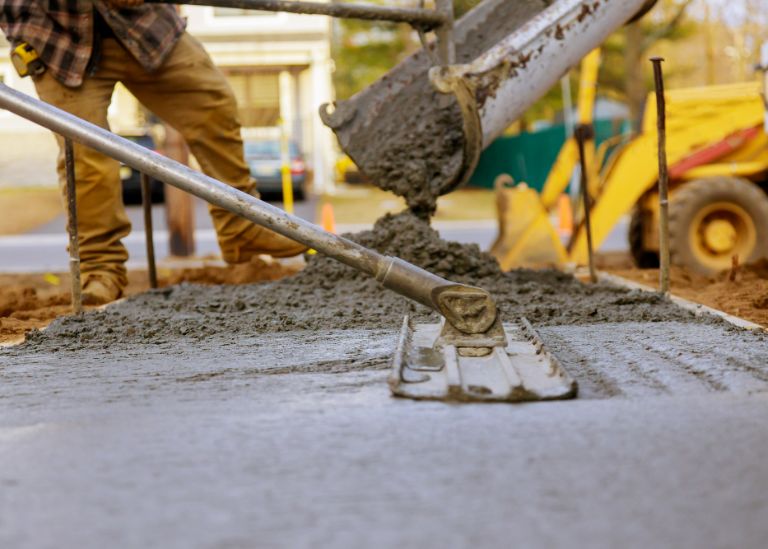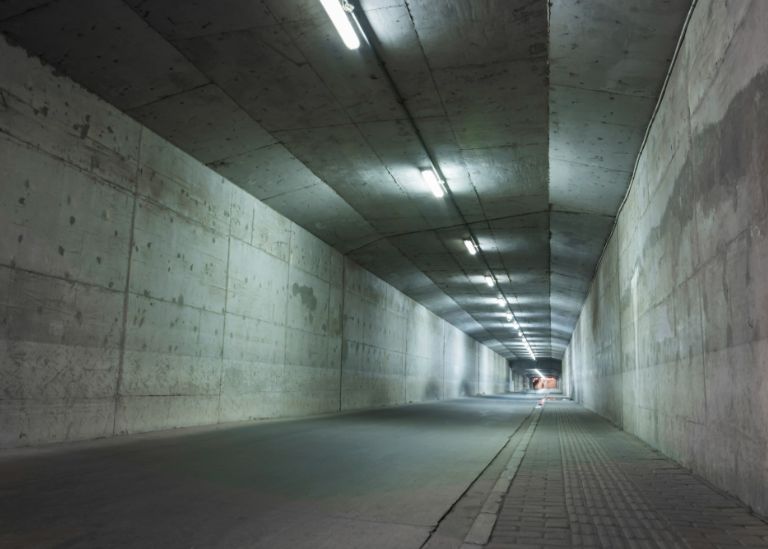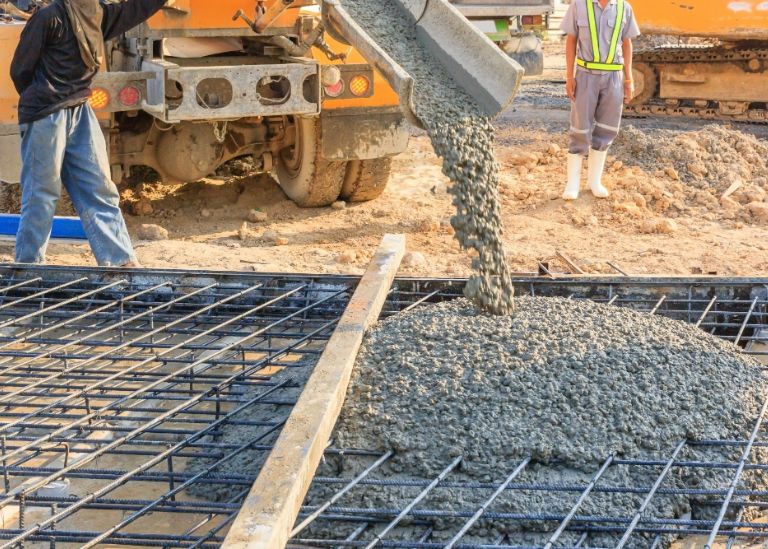

Overview
- Ready mix concrete is a versatile construction material used for tunnels, foundations, bridges, elevated roads, and retaining walls.
- It offers advantages over dry cement, including customization, volume efficiency, time savings, and consistent quality.
- Essential steps before concrete delivery include creating a solid base, securing forms, and reinforcing with bars.
Ready mix concrete is a specialized construction material that is manufactured in a factory or batching plant. It is delivered to the construction site in a ready-to-use form. It is a mixture of cement, aggregates (such as sand, gravel, or crushed stone), water, and additives, precisely proportioned and mixed according to predetermined specifications.
Whether you’re a construction professional or a novice, this guide to ready mix concrete will equip you with essential knowledge to make informed decisions.

Ready mix concrete finds its applications in a wide range of construction projects, from the foundations of residential buildings to the infrastructure of bridges and tunnels.
Its precise formulation and high compressive strength make it ideal for tunnel linings, ensuring durability and structural integrity. The flowability of self-compacting ready mix concrete simplifies filling formwork in tight spaces, reducing labor requirements and enhancing construction efficiency.
It is the preferred choice for constructing foundations, whether for residential homes or small commercial buildings. Due to its exceptional strength and consistency, it’s an ideal material for forming solid and robust foundation walls to ensure the stability of structures.
Its consistent quality and high-strength properties ensure the stability and load-bearing capacity required for bridge components. It’s used for constructing foundations, abutments, piers, and retaining walls, where durability is crucial. Precise formulations prevent structural issues and ensure long-lasting, reliable bridge support.
This type of concrete excels in elevated road construction due to its precise blending and high strength. It is employed in forming robust columns, beams, and decks, securing the structural integrity of elevated roads. The unwavering quality of ready mix concrete reinforces safety and the long-term resilience of elevated road systems.
This concrete is integral in building resilient retaining walls. Its durability and ease of placement make it ideal for constructing walls that hold back soil or prevent erosion. The controlled mixing ensures the concrete can withstand the lateral pressure exerted by the retained material, guaranteeing the wall’s stability over time.
Compared to traditional dry cement mixing, ready mix concrete offers multiple advantages, making it an efficient and dependable choice for construction.
It simplifies the process of acquiring the necessary volume for a construction project. The concrete is prepared in advance at a batching plant, ensuring that the required volume is readily available when needed. This not only saves time but also minimizes the risk of underestimating or overestimating the volume of concrete required, which can be a common challenge with dry cement.
Time efficiency is a significant advantage of using ready mix concrete. With dry cement, the mixing process is carried out on-site, which can be time-consuming and labor-intensive. Concrete blend, on the other hand, arrives at the construction site in a state ready for immediate use. This eliminates the need for on-site mixing, allowing construction projects to proceed more swiftly.
The consistency of concrete is critical for the structural integrity of buildings and infrastructure. Ready mix concrete offers an advantage because it is prepared using precise measurements and under controlled conditions. This results in uniform and consistent quality throughout the concrete, ensuring that every part of the construction project is of the same high standard.

To prepare for the arrival of ready-mixed concrete, these steps are essential to ensure the concrete project’s success, longevity, and structural integrity.
The quality and durability of your concrete project depend on the strength and integrity of this foundation. Properly compacted and leveled, the base provides a stable surface for the concrete to be poured onto. It ensures even weight distribution and prevents settling or cracking.
Before the concrete arrives, it’s essential to secure the forms that will contain and shape the concrete. These forms act as molds, defining the dimensions and contours of your project to achieve the desired shape and finish.
Reinforcing steel bars, also known as rebar, are an integral part of many concrete projects. They provide tensile strength to the concrete, which can withstand structural loads and resist cracking. Before the concrete is poured, the rebar must be strategically placed within the forms to create a strong, reinforced framework.
This guide to ready mix concrete offers valuable insights into its diverse applications, emphasizing the advantages it holds over other mixtures. With this knowledge, you can ensure successful, efficient, and high-quality concrete projects.
With a wealth of industry experience and a steadfast commitment to excellence, Big Ben maintains the highest production standards. Our cutting-edge facilities, proficient team, and advanced technology guarantee unwavering quality and punctual delivery. Feel free to contact us for inquiries or explore partnership opportunities here.